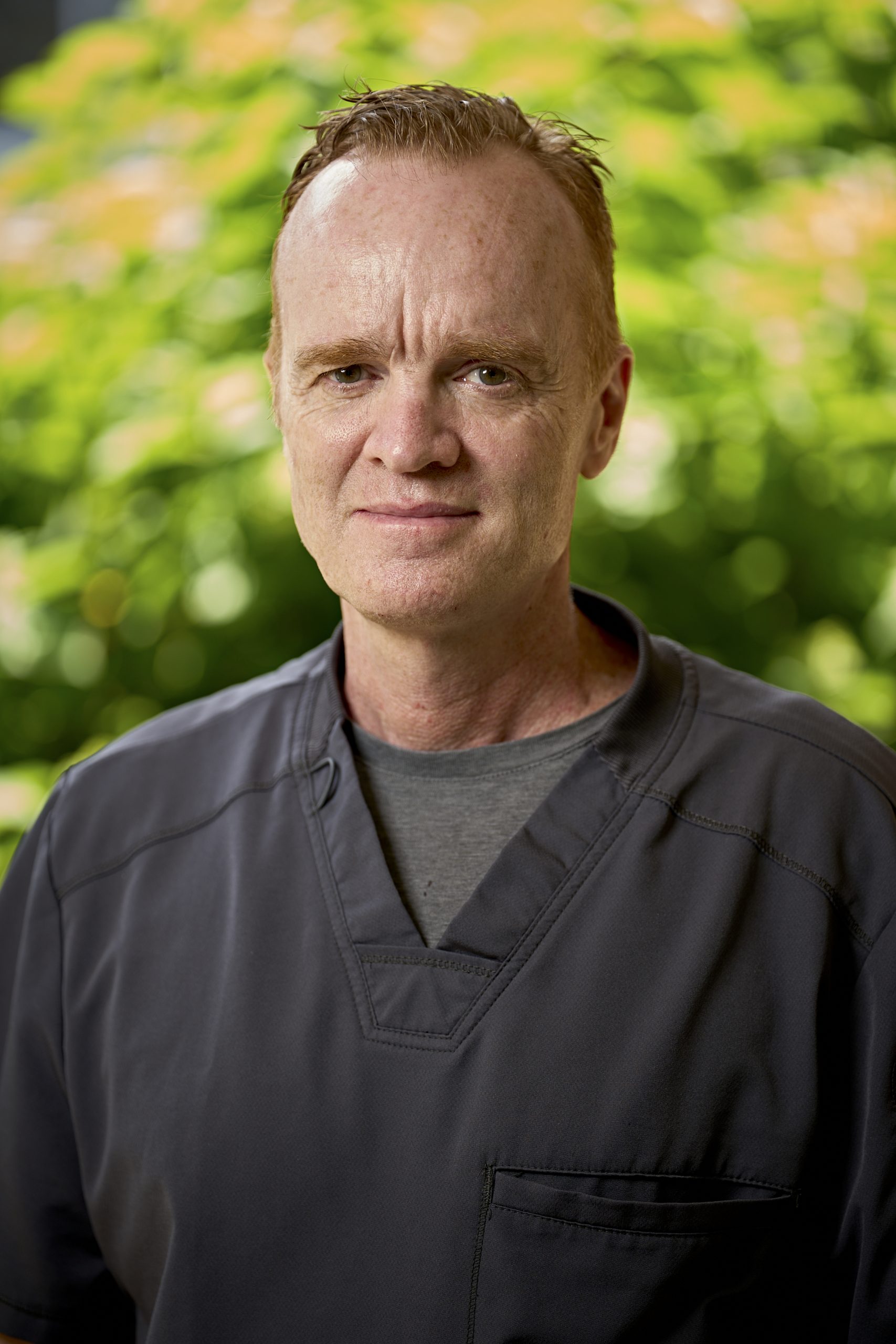Advanced Applications of HBPC™ Workshop – Faculty Spotlight
Date: 11|30|2022
Paul Wallace, MD
Medical Director and Primary Care Physician, Insight Home Physicians
 About Dr. Wallace
About Dr. Wallace
After 16 years as a hospitalist in San Francisco, Dr. Wallace joined the University of Pennsylvania Hospital in Philadelphia, where he became a member of the emergency ultrasound division. In 2020, he founded Insight Home Physicians, a private house call practice that serves nearly 300 patients who are either homebound or in residential care facilities throughout Philadelphia.
Dr. Wallace earned his undergraduate degree from Brown University. He completed his medical degree at the University of California San Francisco, where he also did his residency in internal medicine/primary care. A passionate advocate of the benefits of Point-of-Care Ultrasound (POCUS), he is a seasoned workshop instructor and co-author of numerous POCUS publications.
During HCCI’s Advanced Applications of HBPC™ workshop, Dr. Wallace will provide an “Introduction to POCUS/Physics and Knobology,” and guide learners during hands-on training on how to use POCUS during house calls.
How did you become involved with house calls?
I was helping direct the POCUS fellowship program at Penn, which was geared toward those who had completed internal medicine residencies and wanted to do a year of POCUS. I was also teaching POCUS courses for geriatric faculty and fellows and, while accompanying a geriatric attending on some house calls, something clicked. The house call concept was very compelling—caring for patients who have a real need for better healthcare but have limited or no access to it—and POCUS is a perfect fit for care settings where you have very ill patients who are often suffering from multiple conditions but who are unable to leave home for diagnostic tests.
So, house calls appealed to me on many levels, and then I was introduced to the Home Centered Care Institute by Dr. Bruce Kinosian, a faculty member at Penn. I participated in both the Essential Elements and Advanced Applications workshops before opening my own practice—actually, I took the advanced course again virtually—and found them to be extremely helpful resources.
How will learners benefit from the HCCI workshop?
Regarding the POCUS content, the biggest benefit learners will gain is improved diagnostic accuracy. POCUS is a useful and effective tool for assessing things like volume status in patients with congestive heart failure or issues such as dehydration, pneumonia, ascites, and bladder distention. There’s a whole spectrum of common medical situations encountered in house call medicine that, in the absence of ultrasound, you can’t really be sure what’s going on. We like to think that physical examination is accurate because, in many cases, that’s all we have, but it’s basically like flying blind when you’re trying to assess volume status. Higher diagnostic accuracy empowers the appropriate treatment of patients to help keep them out of emergency rooms and hospitals. It improves provider confidence and clinical competence, and reassures patients that they’re receiving a high level of care.
What’s your most memorable HCCI workshop moment?
I attended a workshop when I was still considering opening my practice and wondering how it would work financially. Someone there told me not to quit my day job, which was admittedly a bit jarring to hear, especially coming from a proponent of home-based primary care. But in one of Dr. Paul Chiang’s talks, he spoke at length about why providers get involved with home-based primary care and the important—and rewarding—service aspect of providing care to underserved patients who otherwise would not receive care, and that continues to be a motivating and sustaining value in my practice.